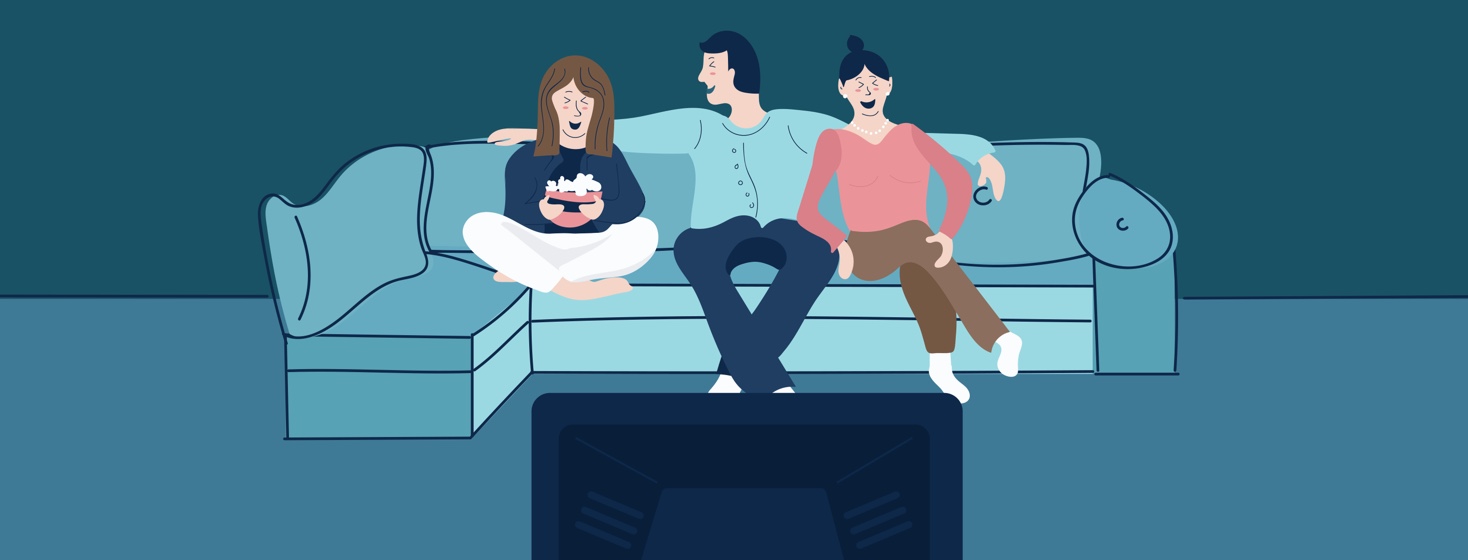How Well Do You Cope with Coping?
Last year, Health Union’s IBS In America 2018 surveyed about 1,500 people like you and me, individuals living with IBS, to better the impact the condition has on our lives.
One thing they learned was that 40 percent of people living with IBS need help finding coping strategies, such as ways to manage stress. That’s a big number – millions of people who aren’t rolling as successfully as they could be with the punches that IBS delivers. Are you one of them?
What is coping?
Coping is inevitable in life – it’s how we humans deal with unavoidably difficult things and situations (IBS certainly qualifies as one of those.)
Psychologists will say that in the best case, coping is mindful: A conscious effort to smooth the bumps and ruts in the road, controlling (and hopefully minimizing) the stress they cause us. Realistically, though, a lot of the time, it’s just instinctive. What feels right at the moment. Maybe even a bit reactive. That can lead to some bad coping habits.
Not all coping strategies are healthy ones
Just because something works in the moment, gets us through a flare-up (or a confrontation at work, or a stressful talk at home) doesn’t mean it’s the right long-term move. Some of these may provide instant distraction or relief, but in the long term, they could be quite unhealthy. Examples of some negative coping strategies:
- Taking illicit drugs or drinking excessive alcohol
- Smoking
- Ignoring or bottling up feelings
- Working too much
- Avoiding your problems/Denial
- Compulsive spending
- Emotional overeating
- Self-mutilation (which includes nail-biting)
It’s kind of interesting to me that some of those negative coping strategies are potentially positive ones just taken to extremes. For example, distracting yourself from IBS symptoms by focusing on work could be positive – taken too far, though, it could cause stress of its own. Shopping can be a fun diversion, but not if you overextend yourself financially.
Healthy coping strategies
Good news: Better coping strategies can be learned. And even enjoyed. Positive ways of coping that have worked for me include:
Healthy diversions
- Re-watch a favorite movie or TV show
- Work in the yard
- Be creative: Write, scrapbook, scan in old photos
- Simplify your space by cleaning up and organizing
- Play an online game or two
- Take a hot shower or bubble bath
- Stretch your muscles (maybe while watching that favorite TV show)
- Snuggle with my soft little kitty
- Work on my family tree
Tension releasers
- Moderate to vigorous exercise
- Humor! (No one can tell fart jokes like us, am I right?)
- Catharsis (for example, yelling while in the shower – as opposed to at someone else)
- Get (or give!) a massage
Positive thinking
- Make a gratitude list
- Brainstorm solutions to recurring symptoms
- Write a list of your strengths
Social connections
Something important to remember: Coping is not “copping out.” It doesn’t mean giving up on finding solutions for IBS that work for the long term. It just means finding solutions for living just a bit better, today.

Join the conversation